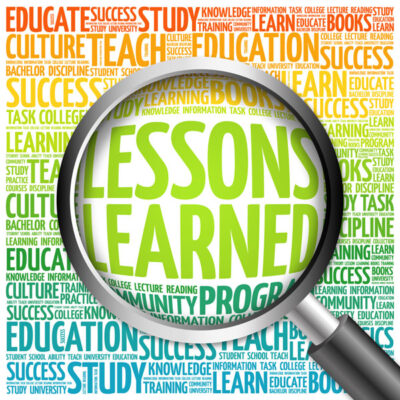 In our final post, we are asked to critically reflect on our overall ONL202 learning journey. To that end, we are given five guiding questions.
In our final post, we are asked to critically reflect on our overall ONL202 learning journey. To that end, we are given five guiding questions.
- What are the most important things that you learnt through your engagement in the ONL course?
- How will your learning influence your practice?
- What are your thoughts on using tech to enhance learning/teaching in your context?
- What are you going to do as a result of your involvement in ONL?
- What suggestions do you have for development of eLearning in your own teaching or context?
To be honest, I find this difficult. Maybe I’m the only one who feels this way, but my ONL202 learning journey was quite packed. Two group meetings a week and not insignificant assignments. This on top of teaching and research, auditing a GIS course, helping students who were having trouble coping, the stress of the pandemic, Zoom fatigue, etc. All semester, I’ve felt like I’m barely treading water.
For me, the main takeaways from any learning journey generally only come later, with hindsight, not immediately afterwards. Besides, I haven’t had the chance to apply anything yet or go through a trial-and-error process that would help me figure out what works for me.
For now, I can say that this experience influenced my decision to enrol in an EdX MOOC, Landscape Ecology, which I started 10 days ago. Despite being overwhelmed this semester, I’m super motivated to keep my GIS momentum going, and ONL202 has given me some confidence to do it online. Also, one of our moderators, Malin, mentioned ABC workshops in our most recent meeting and after finding out more, I’m keen to give this a try. I can also say that ONL202 opened my eyes to issues with eLearning, such as the benefits and risks, that I hadn’t really thought deeply about before. In fact, I plan to offer a two-session digital literacy workshop for environmental studies students during the semester break. Here’s the breakdown.
- Encouragement to watch The Social Dilemma
- Watching this speech by Sacha Baron Cohen
- Going over peer-reviewed evidence that false info spreads faster than real info (as I learned in PBL topic 1) and corroborating that via an inquiry based learning activity
- Training on fact checking
- Discussion of the media and influences of censorship, advertisers and politics, including non-representation of marginalised groups
- Discussion of the echo-chamber phenomenon and demonstration that everyone is subject to it
- Self-analysis of online behaviours and ways to mitigate these issues
But the deeper analysis will only come once the dust of the semester has settled and I have some time (fortunately, my students’ final exam is this week, I should be finished all my grading by Thursday) to do more research and think deeply about how my ONL202 learning journey will alter my practice.
